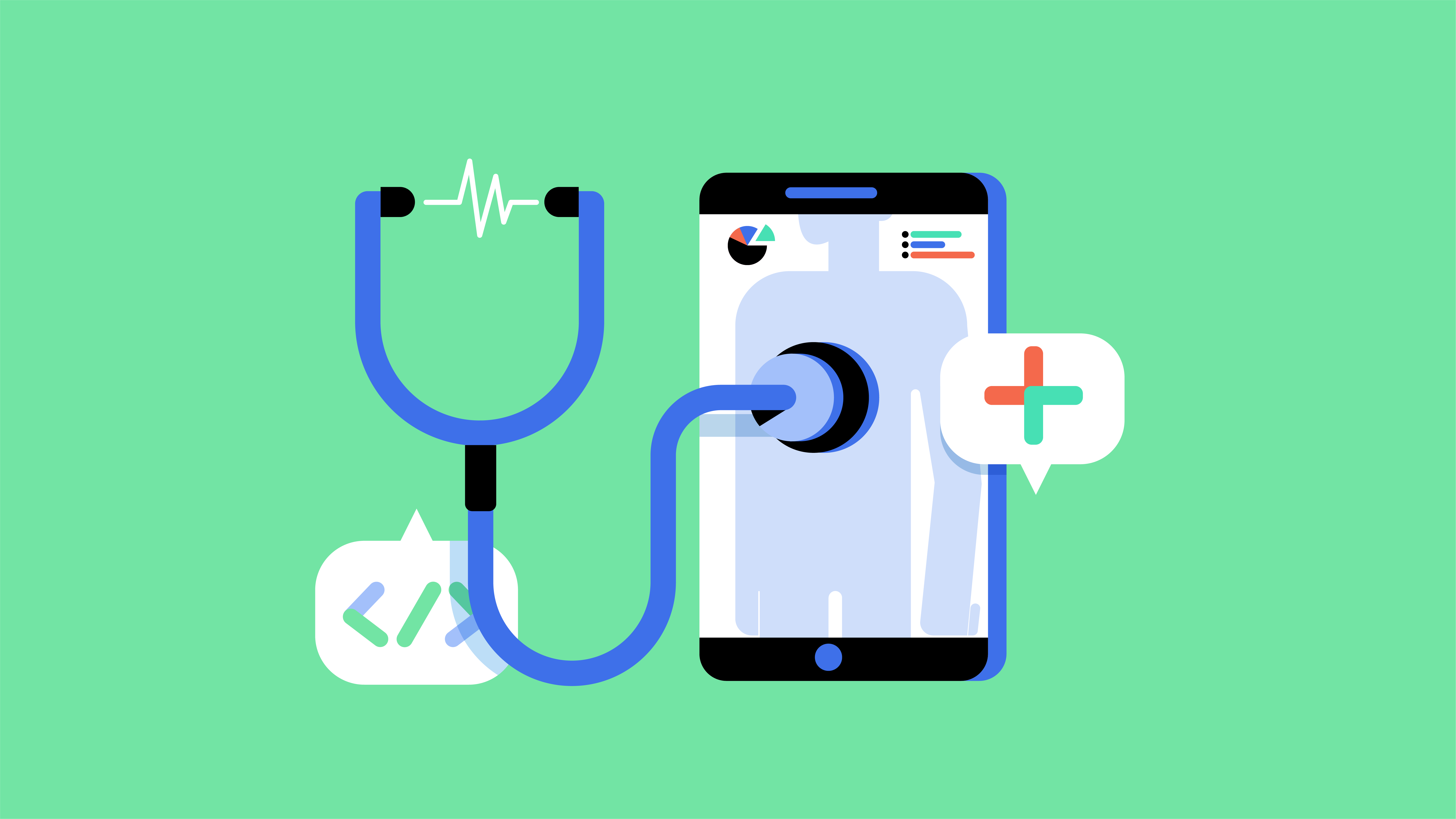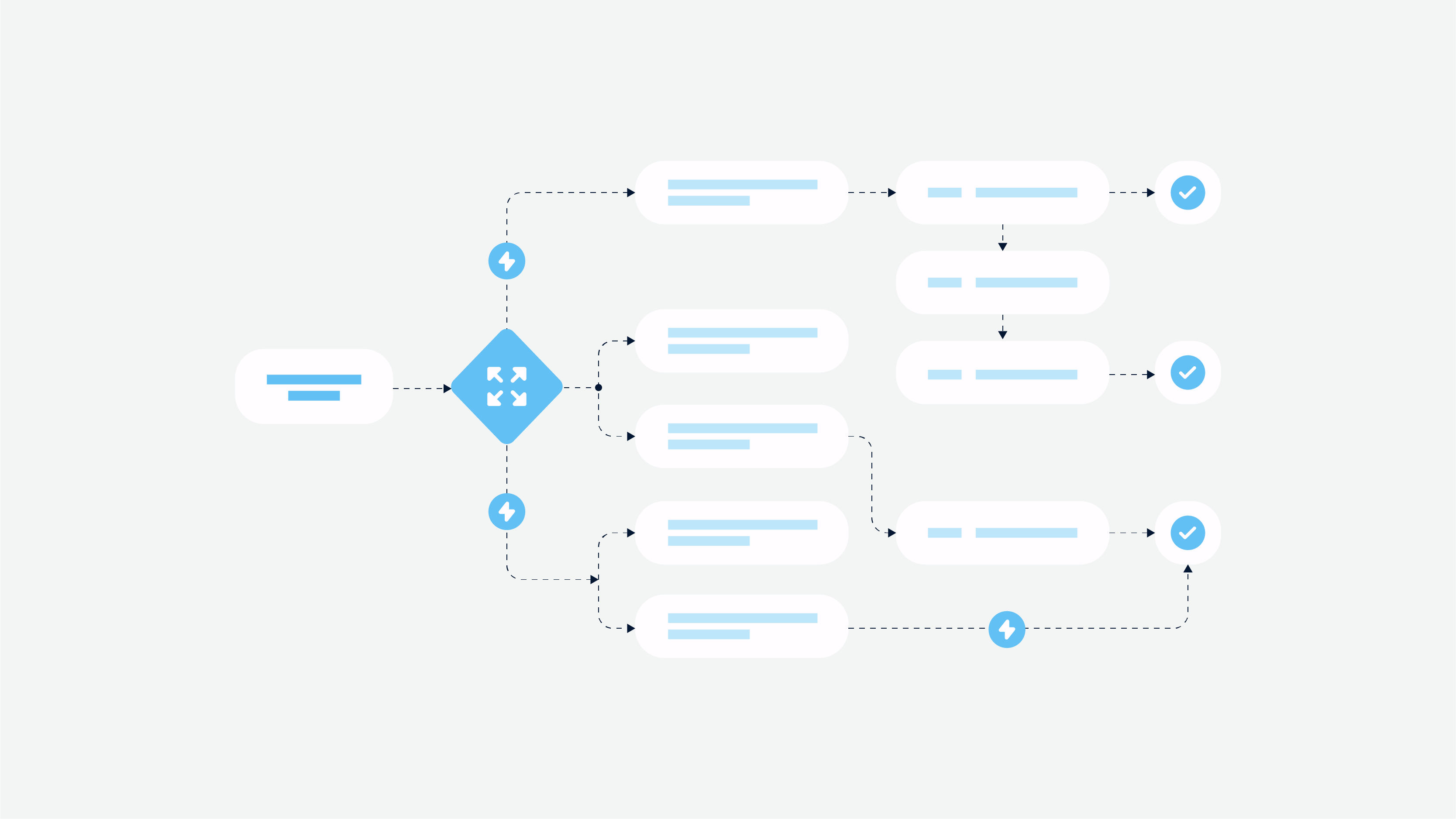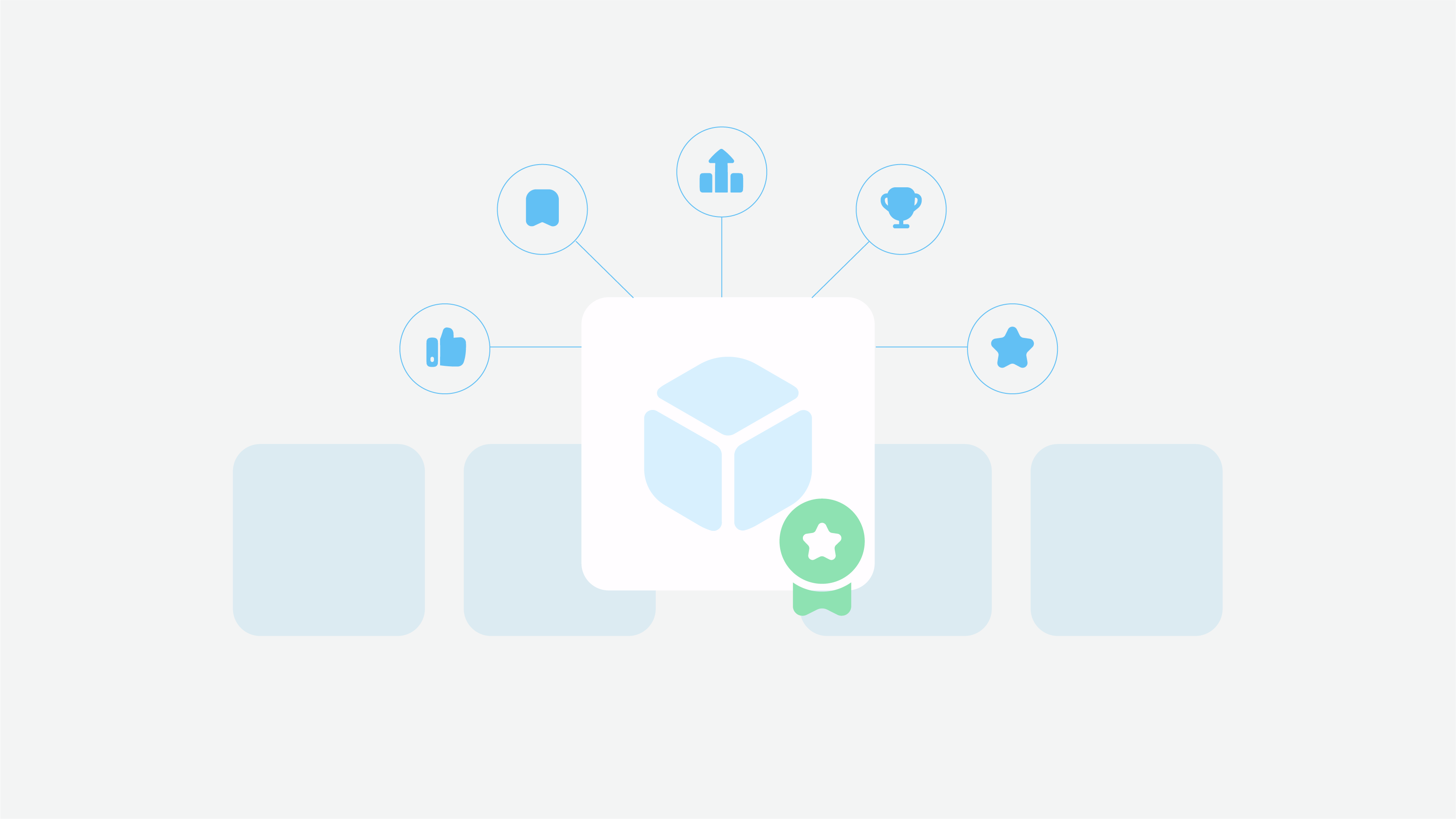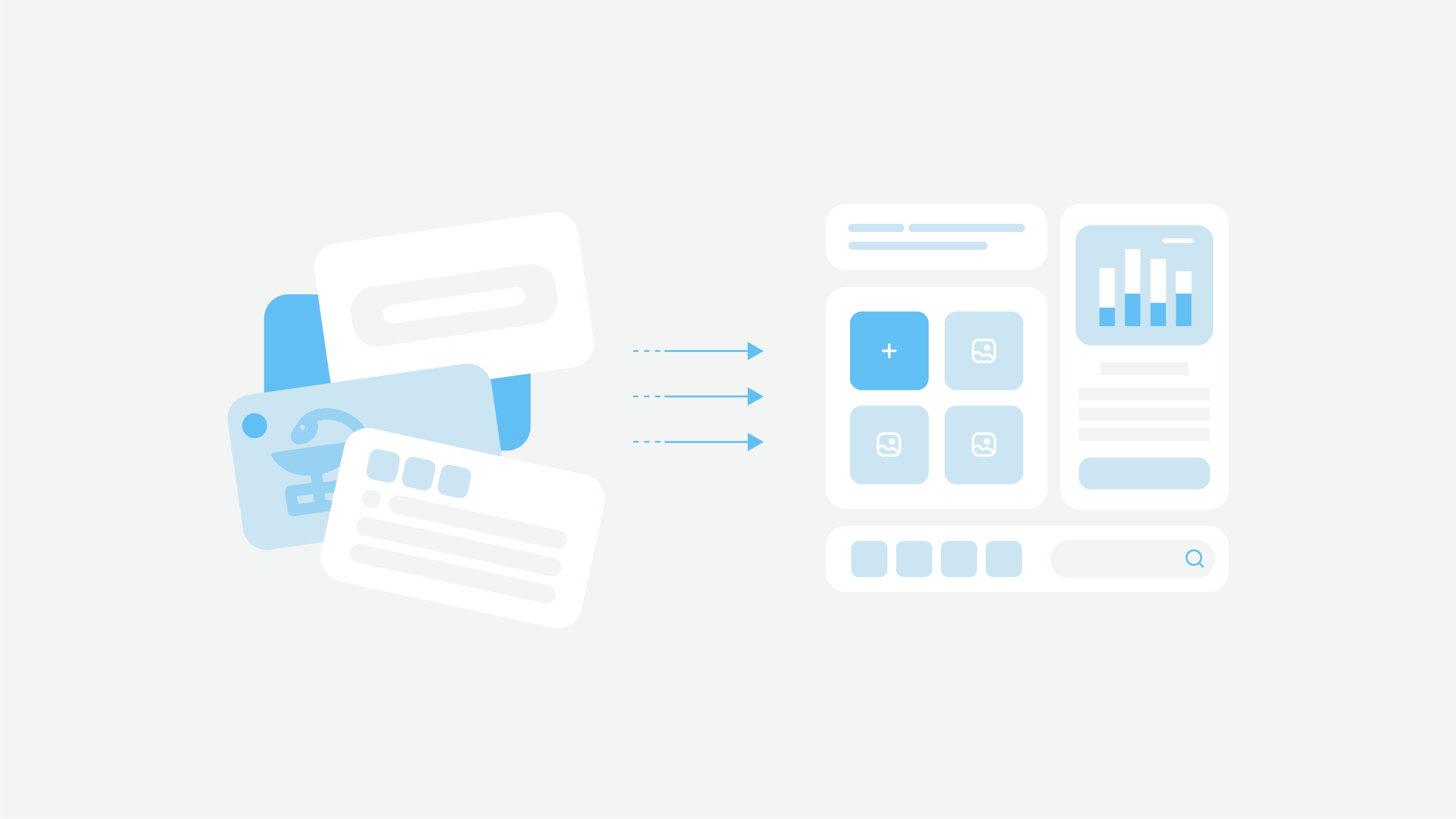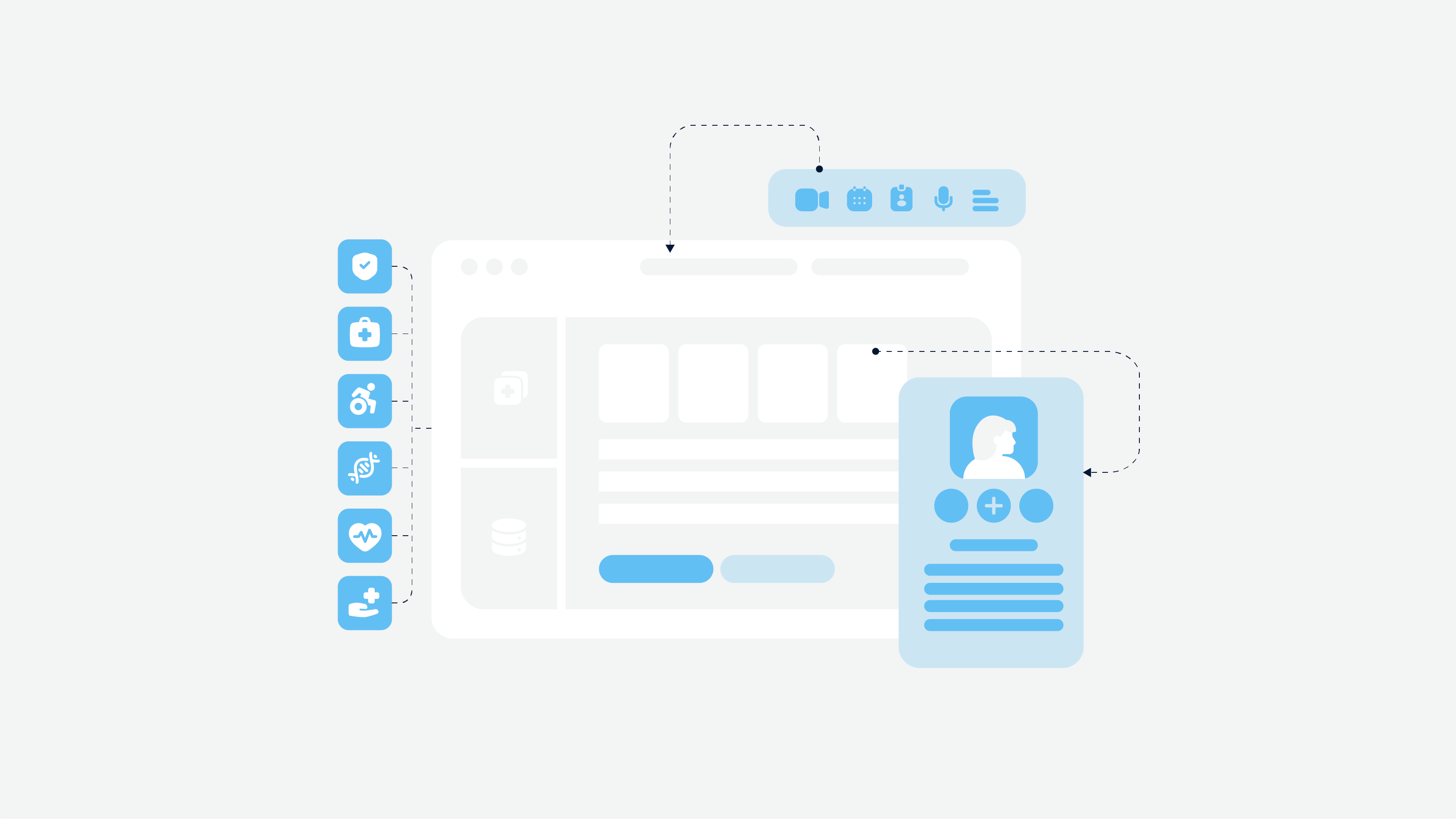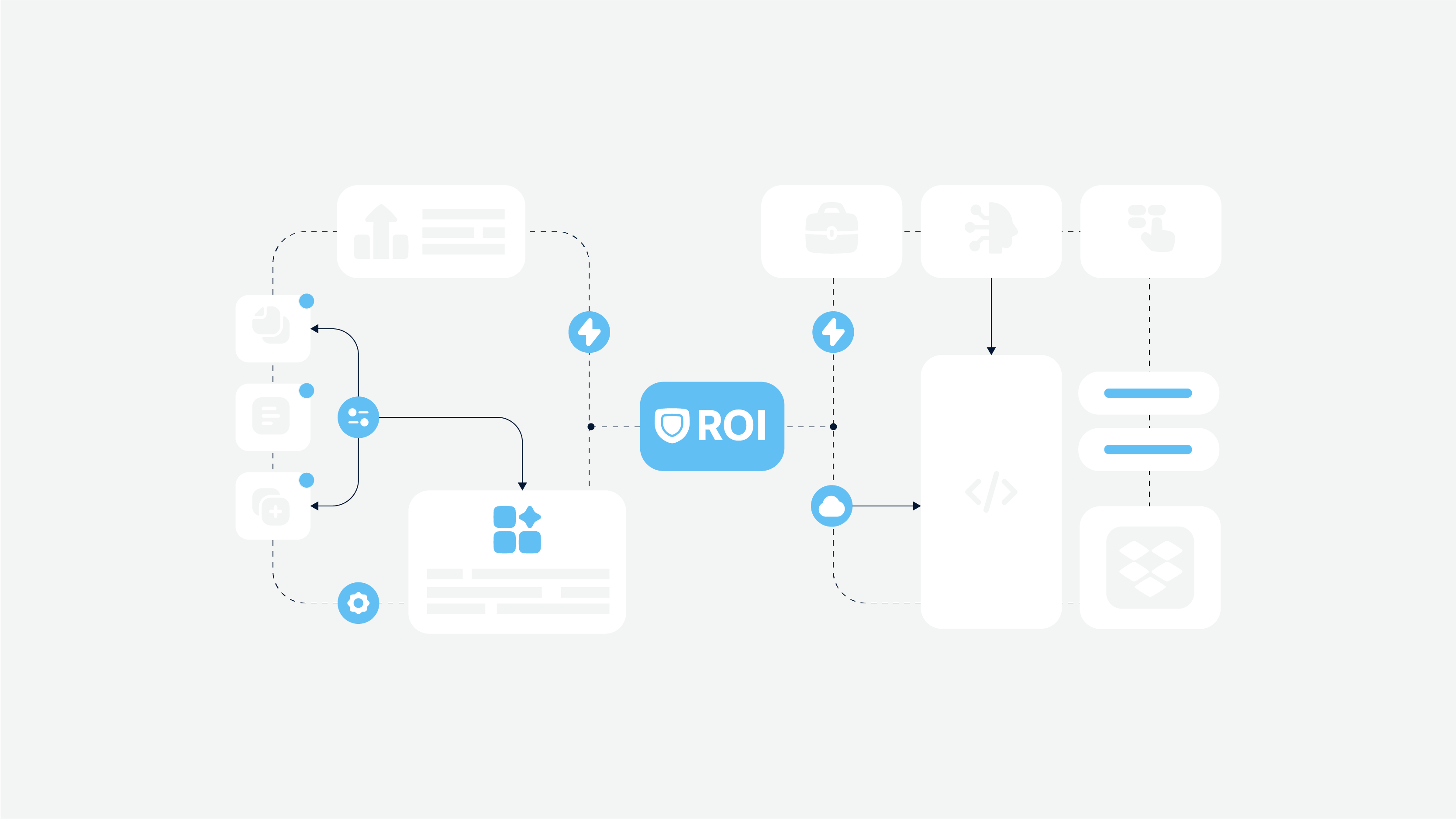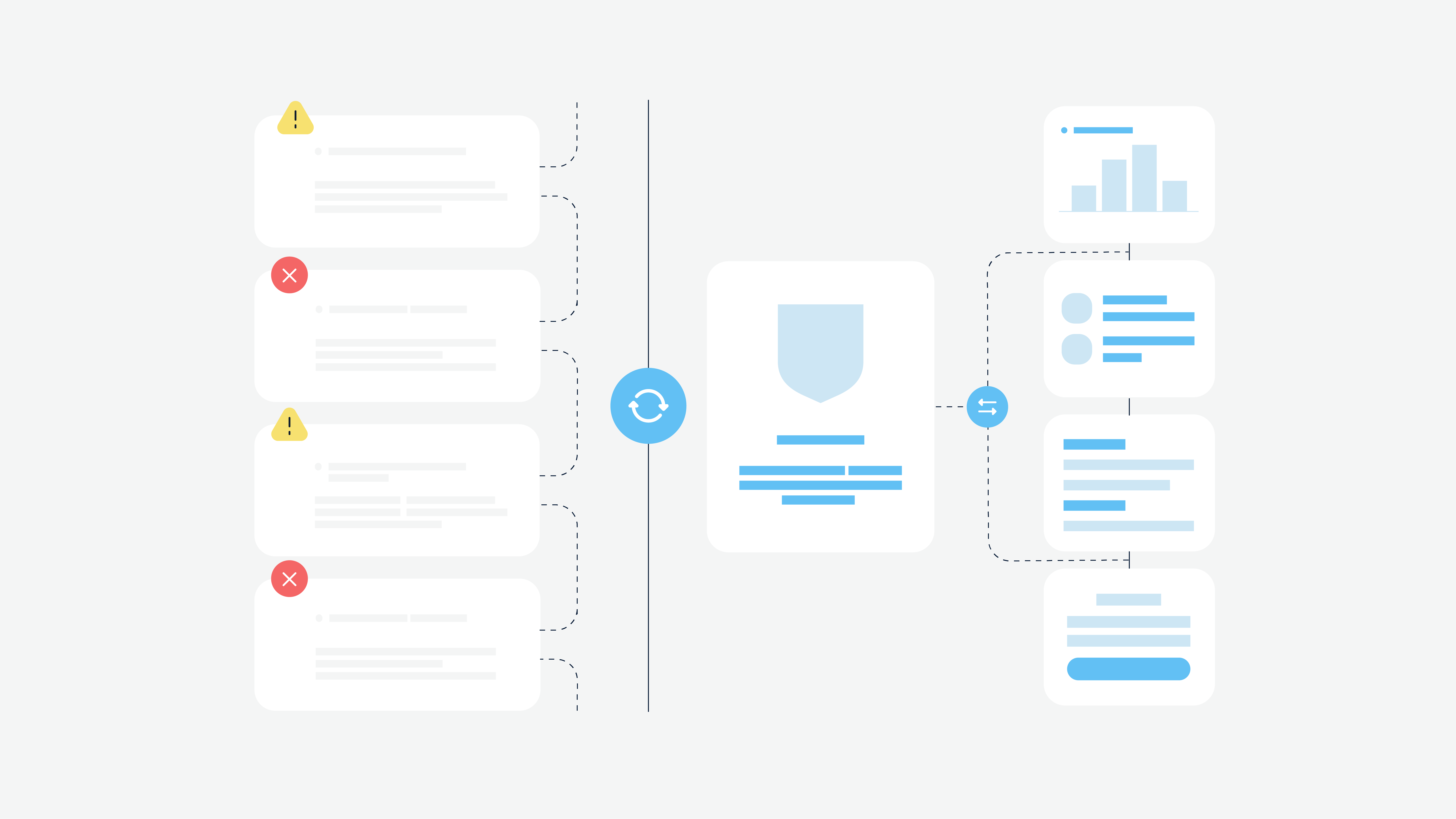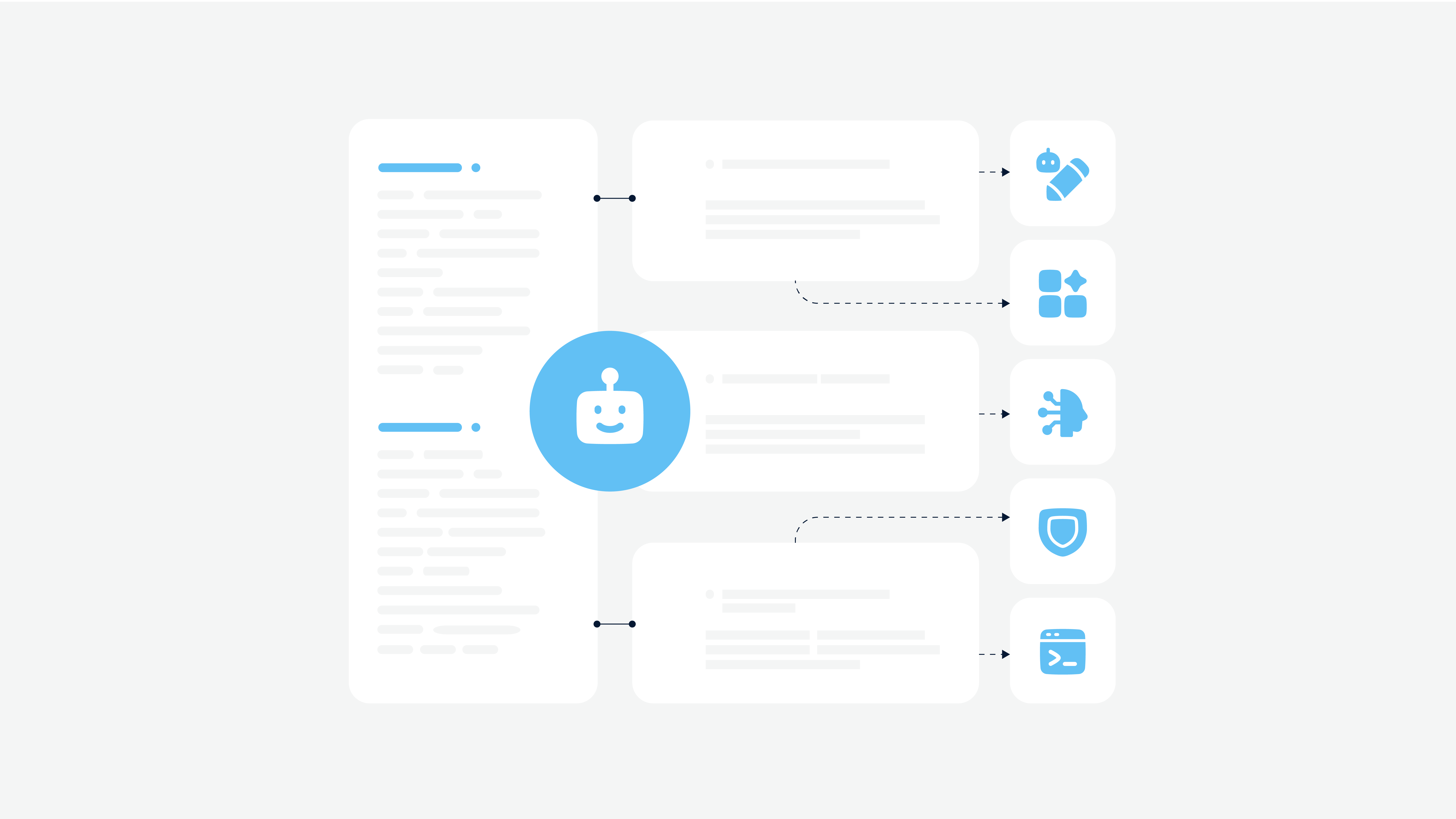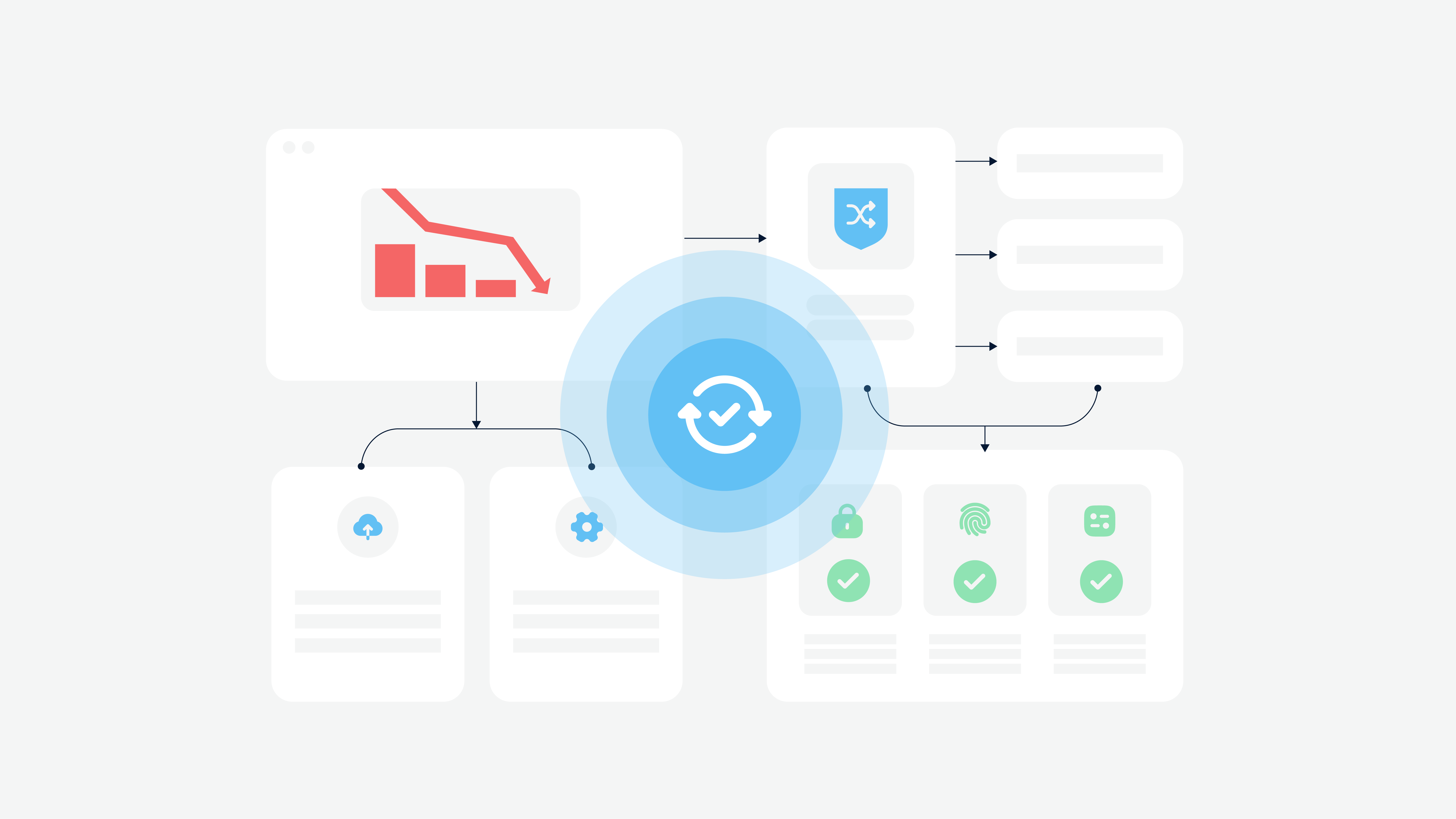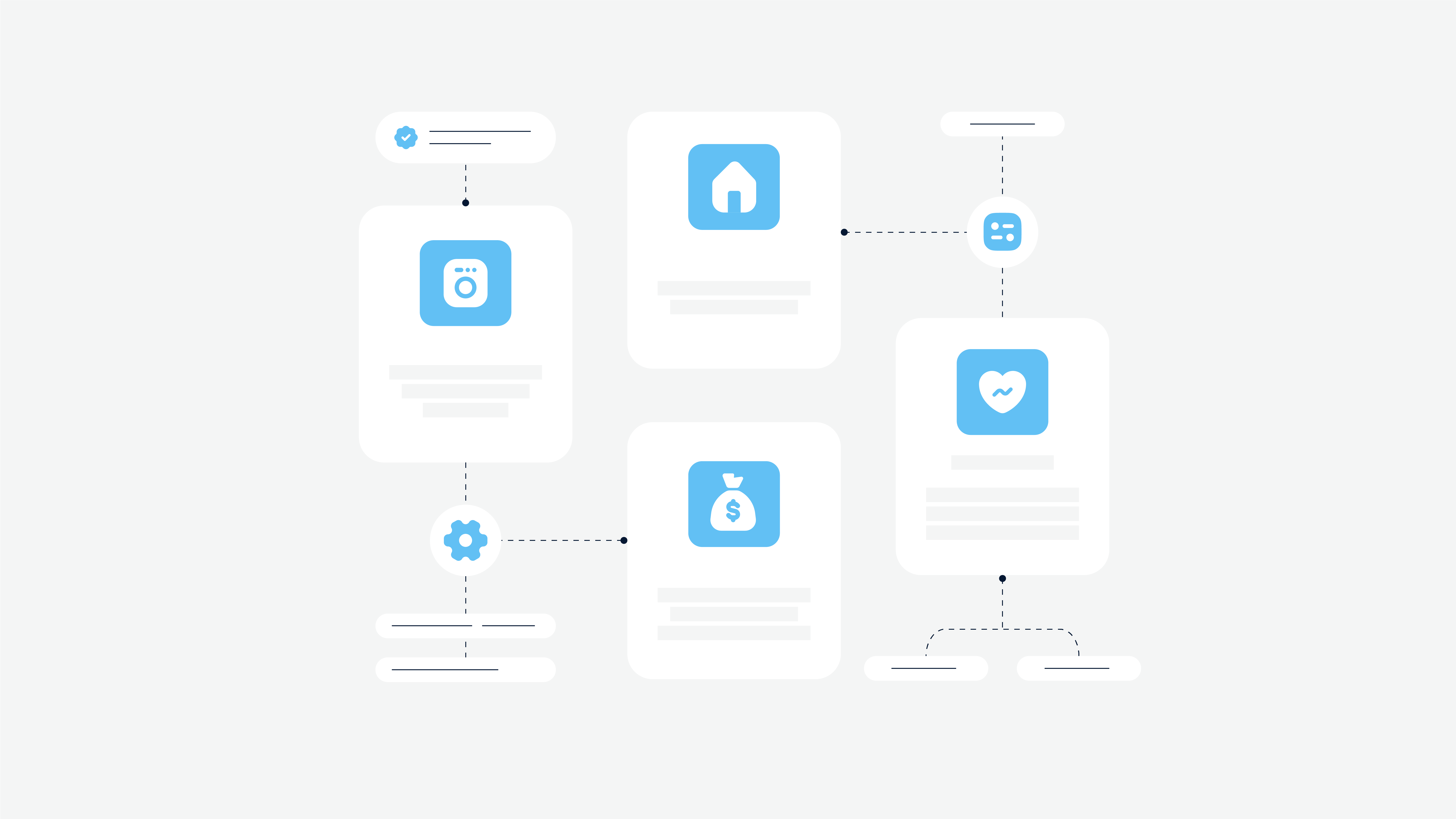The coronavirus pandemic seriously impacted the world, and it brought new changes we needed to reckon with. Notably, we moved to the online world, and a large number of issues could be solved via software. And mobile healthcare apps are not the exception; their importance cannot be overemphasized.
Moreover, the increasing adoption of telemedicine and remote healthcare practices has further highlighted the need for reliable, user-friendly mobile apps. They provide a convenient way for patients to connect with healthcare professionals and offer essential features such as medication reminders, symptom tracking, etc. Businesses invest in medical software development to get valuable tools that empower clients to take control of their health and well-being.
So, the idea of medical app development is one of the most popular today. It has advantages both for you and your users. We have prepared a healthcare app development tutorial that will be helpful for you. Read it carefully or get in touch with us for more information!
Reasons For Building Healthcare Software
As Cadabra Studio is a healthcare app development company with extensive experience in this sector, we know precisely why healthcare applications are necessary for people and why the market needs them.
For a start, Statista claims that the mHealth market total revenue reached $13,7 billion in 2019. At the end of 2020, this figure reached $25,17 billion. Also, Ortholive statistics show that more than 60% of American adults have at least one mHealth app on their devices.
There are a few significant advantages of healthcare app we would like to list here:
Remote access. Physicians and patients have 24/7 access to crucial healthcare-related information, and patients don’t need to visit hospitals personally. It may provide other useful features for both parties, but it requires an Internet connection, of course.
Workflow optimization. Healthcare apps created for medical staff help them improve and simplify many routine processes. Doctors may manage essential tasks via mobile and web apps.
More accurate diagnosis. Some types of apps contain AI-based algorithms that help specialists diagnose disease faster and accurately.
Cost-efficiency. Patients don’t need to visit physicians in person, so they pay for online appointments only. Also, due to the optimization of workflow, expenses are reduced substantially.
Convenience. The majority of issues can be solved using software, and people don’t need to leave their houses. Besides, faster fulfillment of various tasks also makes healthcare apps more attractive.
Better patient engagement. Medical app development can help facilitate better patient engagement by providing access to personalized services, reminders for appointments, and tools for tracking health metrics. Patients can actively participate in their own care management, leading to better treatment results and increased satisfaction.
Enhanced communication. Such mobile apps enable seamless communication between healthcare providers and patients or medical professionals, allowing for efficient information exchange and coordinated care. Doctors can securely share medical records, lab results, treatment plans, etc. This reduces the risk of miscommunication almost to zero and ensures proper medical recording.
Data-driven insights and preventive care. Such medical startups are in high demand. They collect and analyze large amounts of health data, generating valuable insights for preventive care. Healthcare professionals can identify patterns, detect early warning signs, and deliver proactive interventions using data analytics and machine learning algorithms. This, in turn, ultimately improves patient outcomes and reduces costs.
So modern healthcare mobile app development revolutionizes how medical services are delivered, making them more accessible, efficient, and patient-centered. This is definitely a step to
Types Of Healthcare Apps
We have just mentioned that there are different types of healthcare apps. And when you are looking for healthcare app developers, you need to consider a specific type in mind to provide devs with input data. Let’s take a look at existing types.
Regardless of app type, it is crucial to hire skilled developers. Contact Cadabra Studio to get qualified assistance.
Professional Healthcare Apps
This category includes all apps that play a crucial role in communication and treatment processes like doctor appointment apps, EHR/EMR apps, medical reference and database apps, health tracking apps, networking apps (for doctors), telemedicine apps, etc. Don’t forget to read our article about doctor app development and guide to EHR/EMR implementation.
Here are two main types of professional med apps:
- Doctor appointment apps. They are very popular in healthcare mobile app development. They allow patients to schedule appointments with healthcare providers conveniently and give doctors the opportunity to manage their schedules. Such products also streamline the healthcare process, reducing waiting times and enabling patients to book appointments at their preferred time slots.
- Telemedicine apps. They have gained significant popularity, especially in after-pandemic medical app development. They provide tools for remote consultations between doctors and patients, eliminating the need for in-person visits. Telemedicine apps enable virtual medical examinations, diagnoses, and prescriptions, delivering high accessibility to patients.
Finding reliable healthcare software development partners is essential to integrate new products into the healthcare ecosystem. Medical institutions and patients can benefit from improved communication and easy access to medical information and services. These apps help patients to take control of their health while also providing medical professionals with efficient tools for delivering high-quality care.
Healthcare Apps For Patients
Here you will find apps that may not require doctors’ involvement, but they provide a lot of useful information for patients. Medical education apps, reminder apps, healthy lifestyle apps, dieting apps, diagnosis apps for preventive purposes, etc. Fitness apps are also kind of healthcare apps, by the way. And if you consider a fitness app as a startup idea, read our article about fitness software development.
These apps are an integral part of healthcare mobile app development as they empower patients by providing them with tools and resources to manage their own health and well-being actively. Patient-centric products improve health literacy and promote self-care.
One area where patient-centric applications have made a significant contribution is chronic disease management. Patients with chronic conditions such as diabetes, asthma, or hypertension can use apps to monitor their symptoms, track medications, and receive personalized health recommendations. These products enable users to proactively manage their conditions, leading to better outcomes and a higher quality of life.
Of course, in this case, software should have a specific design that includes accessibility, seamless user digital experience, and inclusiveness. For example, popular mental health and well-being apps have a particular set of features and functionality, as well as specific color schemes.
These apps offer features such as mood tracking, meditation exercises, cognitive behavioral therapy tools, and access to mental health resources. They serve as valuable companions in promoting mental wellness and addressing issues like stress, anxiety, and depression.
Challenges in Healthcare App Development
While healthcare app development offers numerous opportunities, it also comes with its fair share of challenges. Understanding and addressing them is crucial for successful product growth. Let’s take a look at some key challenges that developers may face during the process.
Regulatory compliance
Healthcare software must adhere to strict regulations and standards to ensure patient privacy and data security. The development team must navigate through restrictions and guidelines such as HIPAA (Health Insurance Portability and Accountability Act) regulations in the United States or GDPR (General Data Protection Regulation) in the European Union.
Compliance with them requires careful planning, implementation of security measures, and data protection protocols. Moreover, you need to be sure that your app meets not only global but also local requirements.
Data security and privacy
Healthcare mobile apps deal with sensitive information, including medical records, personal details, and health data. Protecting this data from unauthorized access, breaches, or misuse is crucial. Developers must implement robust security measures, encryption techniques, and advanced authentication methods to ensure data privacy and prevent potential vulnerabilities.
Integrations
Medical apps must often integrate with existing healthcare systems, electronic health records (EHRs), or other third-party platforms. Achieving seamless interoperability and data exchange between different systems can be complex, especially when dealing with various technologies, data formats, and APIs. Developers must design app architectures that support interoperability and ensure smooth integration with existing infrastructure.
Technical complexity
Such products often involve complex functionalities such as real-time data processing, AI-powered algorithms, integration with IoT devices, etc. Developing and maintaining such technically complex systems requires a highly skilled development team with expertise in various technologies, programming languages, and frameworks.
Testing and quality assurance
Thorough testing is crucial to ensure healthcare applications’ reliability, accuracy, and security. Comprehensive testing methodologies, including functional testing, performance testing, security testing, and compliance testing, should be utilized to identify and address any potential issues or vulnerabilities. Strict quality assurance processes help deliver a reliable and error-free app.
User experience
Applications for the healthcare industry must be intuitive, user-friendly, and accessible to a wide range of users, including patients, doctors, and healthcare providers with different levels of digital comfort.
Designing a user interface that accommodates varying levels of digital literacy, addresses accessibility requirements, and provides a seamless user experience is essential. User research, usability testing, and iterative design processes help to develop apps that meet user needs and expectations.
Scalability and Opportunities for future growth
Healthcare software and apps need to be prepared for rapid growth and evolving user demands. Scalability is one of the greatest concerns that can be solved using advanced cloud-based solutions and the power of AI.
As user bases expand and new features are added, apps should be able to handle increased traffic, data processing, and user interactions. Developers must consider scalability and build app architectures that can accommodate future enhancements and changes.
Navigating these challenges requires expertise and continuous adaptation to the evolving healthcare landscape. Working with experienced healthcare mobile app development companies can help overcome these challenges and ensure the successful development and deployment of high-quality healthcare products. So feel free to contact us and get a free consultation in this regard.
How Can You Monetize A New Healthcare App?
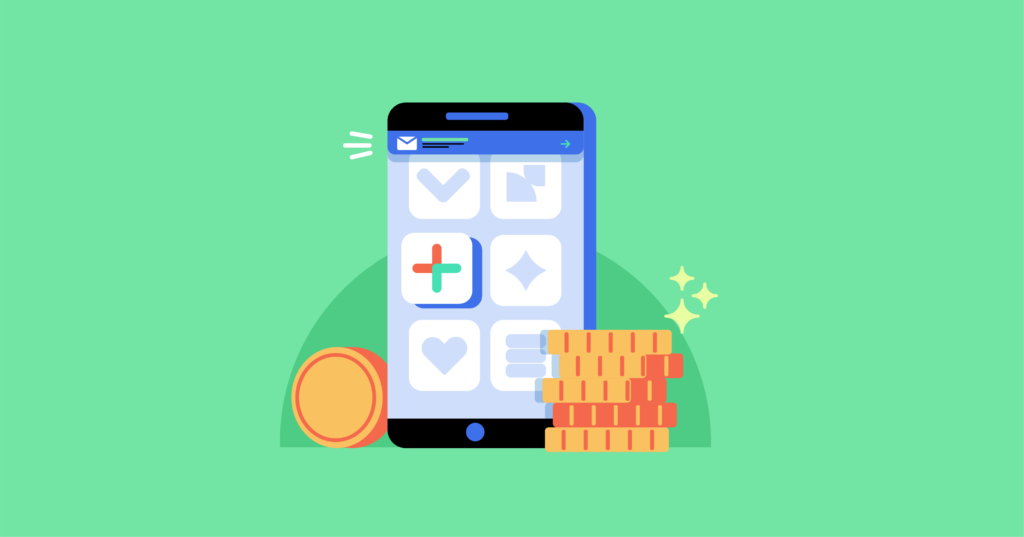
Your profit. The primary reason for the development of any software. How is it possible to monetize an app and generate more revenue? Each app may have different monetization methods. However, some of them may be appropriate for healthcare apps, as well.
In-app advertising. Thousands of apps use this revenue model. If you want to provide an app for free, it will display various providers’ advertising, but mind that the advertising should be healthcare-related. If your reminder app offers casino advertising, users will be unlikely to understand your approach.
Freemium. Your app will be available for free by default, but it may have additional premium features that cost a fixed fee. Also, advertising can be turned off if you pay. But as for extra features, remember that they must be useful and crowd-pleasing, so people will want to pay for them.
Sponsorship. This model has something similar to in-app advertising. But you don’t work with different ad providers, you cooperate with one sponsor, and you promote their services. Thus, some of your users may find this product/service exciting and buy it.
Transaction fees. The medical mobile app development process often implies that such apps as doctor appointment apps and telehealth apps will certainly use payment gateways. Patients pay for services provided, and you may get your transaction fees. But you need to inform your users about it; everything should be transparent.
Paid apps. Your app will be available on a paid basis, but it will be ad-free. It must provide intriguing features, and solve specific user’s problems, and then patients will be ready to buy it.
Data monetization. This revenue model works when your app has more than 50,000 daily users. Data is a new currency that different organizations may need. But keep calm! It doesn’t mean that all personal and sensitive information is sold. Data related to the country, mobile device of users, country, age, etc., may be sold to third-parties. Note! Your users must give consent to the sale of this data.
In-app purchases. Another monetization method in healthcare mobile app development. You can offer your users to buy additional content, features, or virtual goods within the app. For example, a medical education app could provide premium courses or exclusive learning materials. Or you can add advertisements for some meds and medical equipment. Just ensure that the in-app purchases align with the app’s purpose and add value to the user experience.
Partnerships or collaborations. At some point, it looks like sponsorship, but in this case, you have equal partnerships with healthcare providers, pharmaceutical companies, or health and wellness brands. By collaborating with relevant stakeholders, you can offer sponsored content, special promotions, or exclusive discounts to your app users. This approach to monetization can generate additional revenue while providing added value to your users.
Subscription model. This option in healthcare mobile app development is perfect for products that offer ongoing services or content. Users pay a recurring fee to access content on a monthly or annual basis. This model works well for apps that provide personalized health coaching, guided workouts, or nutrition plans.
You can also consider other, not traditional, options. One of them is developing enterprise versions of your application that cater to healthcare organizations, clinics, or hospitals. These solutions can offer advanced features, customization options, and integration with existing healthcare systems. You can negotiate licensing fees or subscription plans tailored to the specific needs of healthcare institutions.
When choosing a monetization strategy, balancing generating revenue and providing value to your users is essential. The chosen method should align with your app’s purpose, user expectations, and industry regulations.
Comprehensive Steps For Healthcare Software Development
The process of mobile healthcare applications development includes a few crucial steps we are going to cover. We recommend you get acquainted with this section carefully before you start building your app.
Build A Multi-Stage Strategy
This step will include a few sub-steps. The right strategy directly depends on properly selected steps.
Choose the app type. You cannot just contact mobile app developers for healthcare software creation and ask them to build your app. You need to explain what kind of app you need, how it will work, and what pains it will solve. You should determine why a new customer will use your app.
Make sure your app is problem-solving. As it is clear, your healthcare app will be a waste of time if it is not valuable. Even the most expensive and dependable healthcare mobile app development services won’t save your app if it is useless. That is why you must find out all the pain points of your target audience.
Analyze competitors and your niche. This step is closely linked to the previous one. You need to analyze the market to identify your target audience, know more about your competitors, their strong and weak sides. It will help you overcome their solutions and offer users something better. Your app should provide unique features and an outstanding customer experience.
Choose a platform. Your first app shouldn’t be built for two mobile platforms. And your app should be created as a minimum viable product (MVP) for a start. Thus, the app will contain a raw number of features, and you will be able to evaluate your app’s success without enormous investments. Choose Android or iOS as the basis for your app. In the future, you may also think about cross-platform app development (one app that works on two platforms).
You may also consider creating a marketing plan. Once your product is developed, it is crucial to know your target audience and devise effective strategies to reach them. Utilize various marketing channels such as social media, online advertising, content marketing, and collaborations with healthcare professionals or organizations.
Additionally, consider the importance of app store optimization (ASO) to increase visibility and downloads on relevant app marketplaces. A comprehensive marketing plan will help you generate awareness, reach users, and drive engagement for your mobile healthcare app.
Mobile app development is not a primary headache you should consider. There must be a core problem the app will solve. If you need qualified assistance or consultation about it, contact Cadabra Studio.
And we recommend you learn more about the importance of the minimum viable product in our article related to MVP.
Ensure The Compliance With Privacy And Security Regulations
It is crucial to ensure that your healthcare software is compliant with all local privacy and security regulations. And they are different depending on the region you create software for.
For example, the USA region will require your app to follow all HIPAA regulations. HIPAA stands for Health Insurance Portability And Accountability Act. This primary purpose is to provide the confidentiality of disease history and personal patients’ data. You need to read the article with the HIPAA compliance checklist to reveal all vital nuances.
Also, another large country in North America is Canada, where the PIPEDA federal law rules. PIPEDA is the Personal Information Protection and Electronic Documents Act that requires all business-related apps to follow data protection regulations.
In the European Union, all apps that process personal information must comply with the GDPR (General Data Protection Regulation). It was adopted in May 2018, and your healthcare mobile app development company should know everything about rules and regulations if you plan to enter the EU market. Cadabra Studio team has already created multiple healthcare apps, and regulatory compliance is not news to us. We know how to do it right.
And, also, an article about GDPR guidelines is at your disposal.
In the UK, there is a Data Protection Act that concerns all apps processing personal data. This local law complements the GDPR.
Besides, you cannot ignore data security algorithms. Of course, software developers are the ones to take care of reliable security layers for your app, but you need to know about them. Thus, your app must be encrypted with such protocols as TLS (Transport Layer Security) and SSL (Secure Socket Layer) at least. Developers may decide to apply more encryption techniques, but these are must-have protocols.
Access must be protected, so your users should use logins, passwords, and even multi-factor authentication (phone number verification, fingerprint scan, password, etc.) Let your users feel that their information is protected adequately, and all data exchange is confidential.
Make Use Of Up-To-Date Digital Trends
Another useful tip on how to make your app outstanding. It should use modern hi-tech trends people want to get. Although it is rather hard and expensive to integrate all technologies into your app at once, the app must be scalable. That is, it will be prepared for further capacity growth.
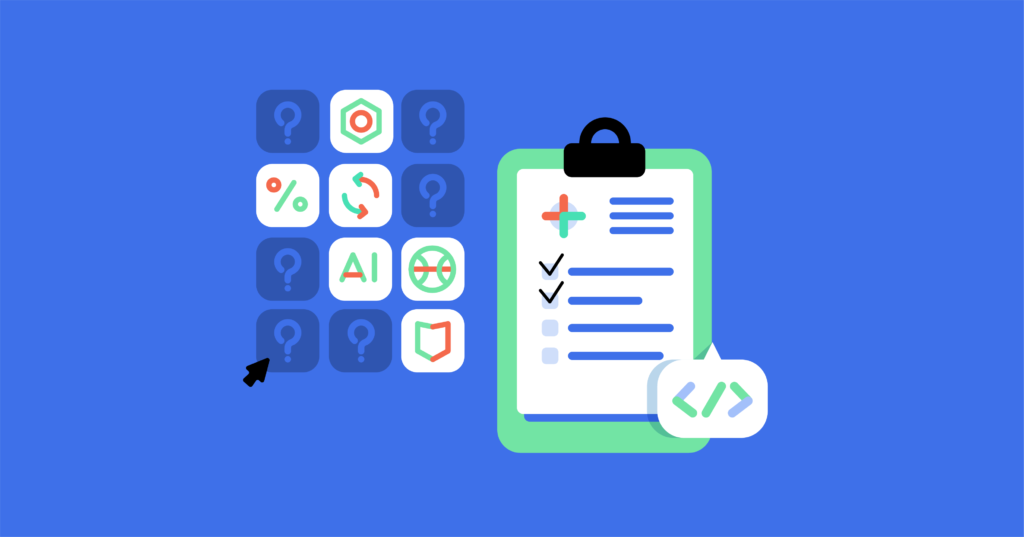
Trends like AI (artificial intelligence), the Internet of Things, blockchain, virtual and augmented reality will surely make your app more robust and engaging. And the first one (AI) is the trend you should pay attention to immediately. Machine learning algorithms are widely used in healthcare software, and your task is to find companies that provide relevant healthcare app development services.
Let’s take a closer look at some uprising tech trends in healthcare mobile app development.
Incorporate AI for enhanced functionality
Integrating artificial intelligence technology can take your app to the next level. AI-powered features can provide intelligent recommendations, personalized experiences, and advanced data analysis, enhancing the overall functionality of your app. AI can also enable chatbots or virtual assistants to interact with users, providing instant responses to their inquiries and improving the overall user experience.
Machine learning algorithms for data processing
With machine learning algorithms, your med app can analyze large amounts of data, detect patterns, and make accurate predictions. This can be particularly valuable in areas such as diagnosis assistance, treatment recommendations, and patient monitoring.
Internet of Things (IoT) for remote monitoring
Emerging technologies like the Internet of Things can further enhance your healthcare app’s capabilities. IoT devices can facilitate remote patient monitoring, track vital signs, and enable seamless data exchange between healthcare providers and patients.
Blockchain for data security
Blockchain in medical app development ensures data security, integrity, and interoperability, allowing for secure storage and sharing of sensitive patient information.
VR/AR for an immersive experience
VR/AR can offer immersive experiences for medical training and therapy sessions. These technologies can also be utilized for visualizing complex medical procedures, enabling a more interactive and engaging user experience.
Collaborating with experienced healthcare app development companies that specialize in integrating cutting-edge technologies is crucial. Their expertise can help you navigate the complexities of implementing AI and other emerging trends, ensuring your app remains competitive and aligned with the evolving needs of the healthcare industry
Hire Designers And Developers
We think it is not breaking news for you that the app’s UI/UX design plays more than a critical role. And designers are the first specialists who start working on your software. It is recommended to hire a full-stack company (like Cadabra Studio) where designers, developers, and other specialists will provide you with all the necessary software components.
Why do designers come first? You will find some proof in our article concerning why you should hire a UX designer before a developer.
As for design, its user experience must be thought-out and provide intuitive, simple, and minimalistic design. In the user interface, most healthcare apps and websites use blue color as the primary color spectrum. Because it is associated with security, and it doesn’t irritate the eye.
So if you plan to build a website (in addition to a mobile app), check this article containing top healthcare website designs.
Concerning the development process, we strongly don’t recommend using ready-made templates and app builders to create your app “in a few clicks,” as they promise. You need a custom healthcare app development, i.e., your app will be built considering all your project’s tiny details and requirements.
Finally, your healthcare app must be built with integration in mind. For example, if you create a reminder app, it might be easily integrated into the existing healthcare ecosystem like EHR app, Google Fit, Apple Health app, etc.
Take Your App Through An Extensive Testing
Your app will likely fail in case you ignore proper app testing. Apart from functionality testing performed by QA engineers in development companies, product teams should also conduct A/B testing. It includes versatile testing of different user experiences to identify the most efficient ones.
Also, suppose an app is built for the Android platform. In that case, it is highly recommended to test the app for compatibility with different devices and ensure that the app functions properly on all screen sizes.
And mind hiring specialists in relevant local regulations, like HIPAA compliance officer or data protection officer (for GDPR). It will help you test the security and compliance with necessary laws.
MVP Features For Healthcare Mobile App Development
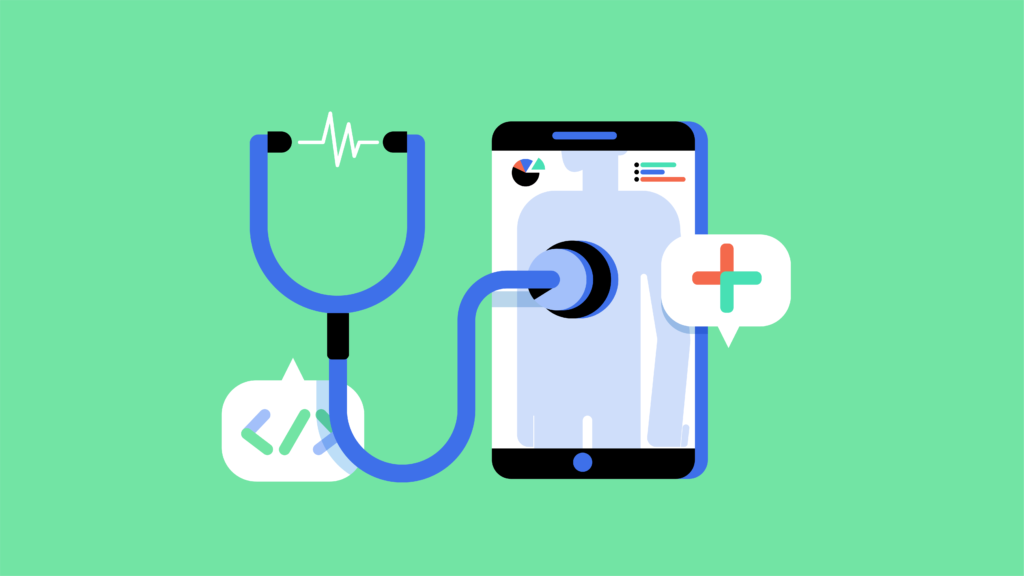
It is worth mentioning that healthcare mobile app features can be entirely different since healthcare apps have many types and sub-types. So we won’t list features for each app type, but there are a few features many healthcare applications include. You will find them below.
Tracking. Apps for doctors that let them monitor patients’ health conditions must have this feature — they can find out blood pressure, calorie consumption, glucose level, etc.
Reminders. Although there are individual reminder apps, EHR apps, and many other professional healthcare apps, use reminder and scheduling features to ensure timely drug intake.
Sign-in. As healthcare apps store personal and sensitive data, it must be protected from unauthorized access. So users must input login and password for authorization.
Personal profile. Both doctors and patients have their profiles with the required information.
Geolocation. This feature is crucial if a patient needs urgent medical assistance, and their location can be found on the map within seconds. Also, the geolocation feature helps users find nearby hospitals.
Chat. Patients are always able to get in touch with physicians and get timely assistance as well. Many apps enable both video and text chat options.
Payment gateway. The payment feature is an excellent way to enable a secure and convenient bill charging method (for regular visits), insurance payment, hospital admissions, etc.
Reviews/ratings. Patients may share their experience about visiting a doctor or hospital, rate them so that other users can make their decisions more based on this information.
Integration with wearable devices. Integration with wearable devices can help to enhance the functionality and user experience of healthcare mobile apps significantly. Connection with fitness trackers, smartwatches, and remote monitoring devices, allows healthcare software to gather real-time health data, process it and provide users with personalized insights and recommendations. This is the best way to ensure seamless, personalized user experience and service. Additionally, such integration allows for a more comprehensive and accurate assessment of a patient’s health status, promoting proactive healthcare management and facilitating efficient communication between healthcare providers and patients.
Analytics, e-prescriptions, online appointments, and other features are also used frequently during mobile app development for healthcare. So choose the feature list according to your app type.
Are you planning to build a minimum viable product to test an app? Save your time — contact Cadabra Studio.
The Cost Of Mobile Health App Development
It is essential to plan everything when you create an app, especially if it concerns your budget. The total cost of your healthcare app development will depend on the number of features and technologies you want to add. Simply put, the more complex your app is, the higher the cost is.
Thus, we need to know what app type you intend to build, and that is a starting point for a detailed estimate. However, the final cost will be different in the USA and Europe. Why? Because the hourly rates of developers vary in other regions.
That is why you should outsource software development and hire a custom healthcare app development company in the offshore region (if you want to create a complex app but reduce expenses as much as possible). For example, hourly development rates in the USA start at $120 and may reach $200. The same rates you will find in Canada.
European countries offer diversified rates depending on regions. Thus, Western and North European countries provide development services at $75 per hour and end at $300 (in Norway). Whereas Eastern Europe (Romania, Bulgaria, Poland, Ukraine) offers hourly rates within the $25-50 range.
There is an article about offshore development services — you can find all information about benefits and tips to outsource your app development.
In particular, hourly rates of design and development teams at Cadabra Studio (located in Ukraine) vary between $35-50; they depend on the project complexity and the number of specialists involved in the project.
And the main thing you should take into account — lower rates result from territorial conditions, not because of low quality. If you still hesitate, pay attention to such projects as Grammarly, PetCube, Allset, Readdle, YouScan, and many others. They are all developed in Ukraine and by Ukrainian professionals.
It is up to you. But Cadabra Studio values its reputation, and we never let down our customers. You can check reviews about our company on Clutch.co. And the healthcare sector is the one we have great expertise in. Just contact us at any time and let us be your magical assistants!

